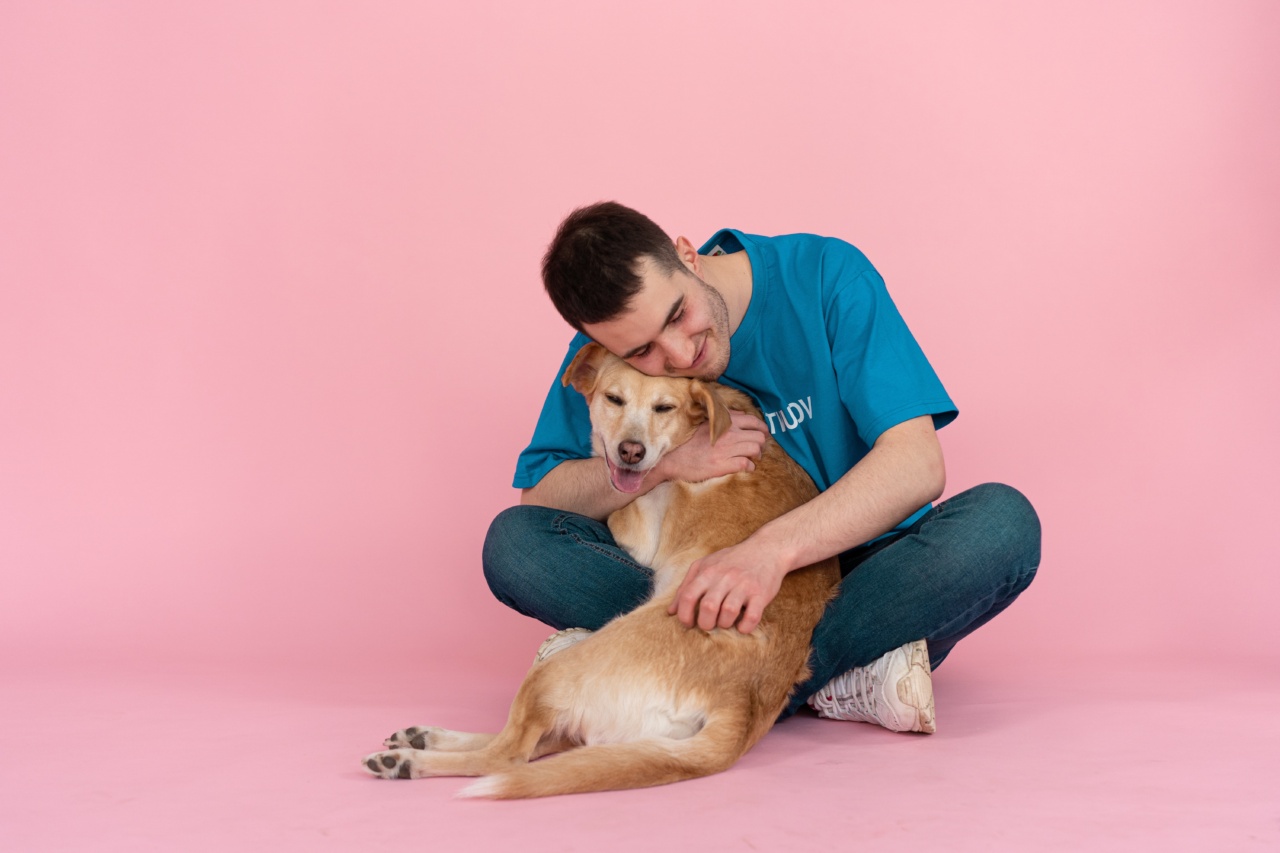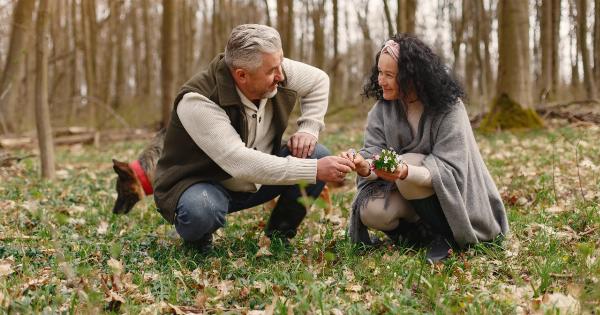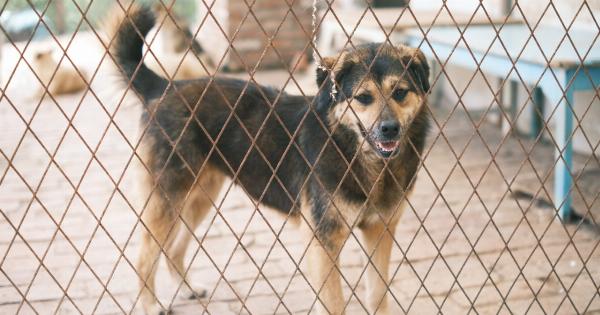Adopting a dog can be one of the most rewarding experiences in life. However, selecting an older dog as your new furry family member can be just as special.
Though puppies are often depicted as the perfect choice, older dogs have many benefits both for them and their forever home. In this article, we will be discussing the advantages of adopting an older dog.
1. Calm Temperament
Older dogs typically have a more laid-back personality than puppies. While puppies require a lot of attention and training, older dogs have already developed their personalities and understand what behaviors are acceptable.
Adopting an older dog can lead to a peaceful transition into a new home as they are usually more relaxed and content, and therefore a great option for those who are looking for a calm companion.
2. Less Energy
Puppies are known for their endless amounts of energy which can make them exhausting for their owners. On the other hand, older dogs have calmed down with age and usually have lower energy levels.
This means that they are less inclined to jump around, chew on furniture and require daily walks. This makes older dogs a perfect choice for those who have a more relaxed lifestyle or perhaps an older person who can’t commit to a strenuous exercise routine.
3. Already Trained
Older dogs usually have already been trained to some degree. Whether they are house-trained, crate-trained or leash-trained, their previous experiences with their previous owner makes them often easier to adjust to their new home.
Adopting an older dog gives you less stress and time commitment that puppies require for basic behavior and obedience training.
4. Easy to Discern Personality and Medical Conditions
An older dog’s temperament and personality are already established with less chance of any undesirable surprises. It is also easier to discern underlying medical conditions that they may experience.
Shelter and rescue staff work hard to detect and diagnose any medical conditions that they may have, thus making it easier to provide the necessary care for your new furry friend.
5. Loyal Companionship
Adopting an older dog usually means that you are providing them with a second chance at a loving home. Older dogs often feel grateful and blessed to be given a second opportunity to experience the warmth and affection of a loving family.
This makes them incredibly loyal companions who will be immensely grateful for your love and attention.
6. Saving a Life
By adopting an older dog, you could potentially be saving a life or freeing up space for more dogs in the shelter.
Older dogs are less likely to get adopted and can sometimes be overlooked by potential adopters, making it difficult for them to find a forever home. By adopting an older dog, you are giving them a chance at a happy and fulfilled life.
7. Established Manners
Older dogs have developed manners, unlike a young puppy who is still learning what is acceptable behavior. Manners such as not jumping on you and sitting patiently while waiting for dinner are already instilled into an older dog.
They have usually lived with people before, thus making them more familiar with household rules and expectations.
8. A Great Companion for Senior Citizens
Senior citizens can sometimes feel lonely, especially when living alone. Adopting an older dog provides them with companionship, which can help to reduce feelings of loneliness and depression.
Dogs have been known to promote better health by encouraging seniors to stay active and engaged with life.
9. You Know What Size and Breed of Dog You’re Getting
When adopting a puppy, it can be hard to know exactly how big they will grow up to be.
With an older dog, it is easier to know how big they will grow and their specific breed, which can help with making a decision based on their personality and care needs, whether that be training requirements or grooming requirements.
10. Easier to Travel With
Older dogs are less reliant on their owners which makes traveling with them less of a hassle. They have more adaptability, and they are more likely to stay calm in stressful situations, making them a perfect travel companion.
They also don’t require as much bathroom breaks, as puppies do, meaning that you don’t have to make frequent stops on long road trips.






























